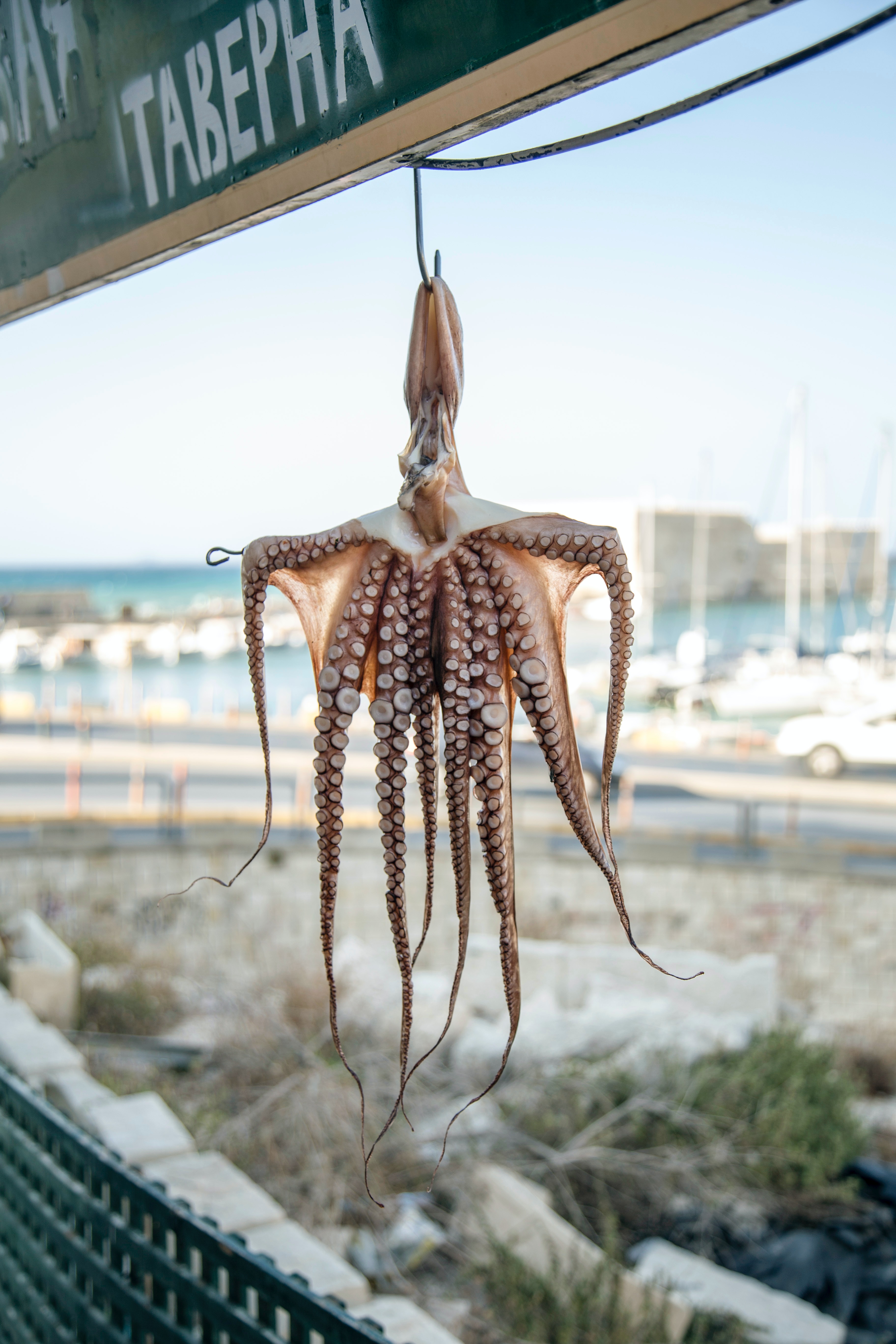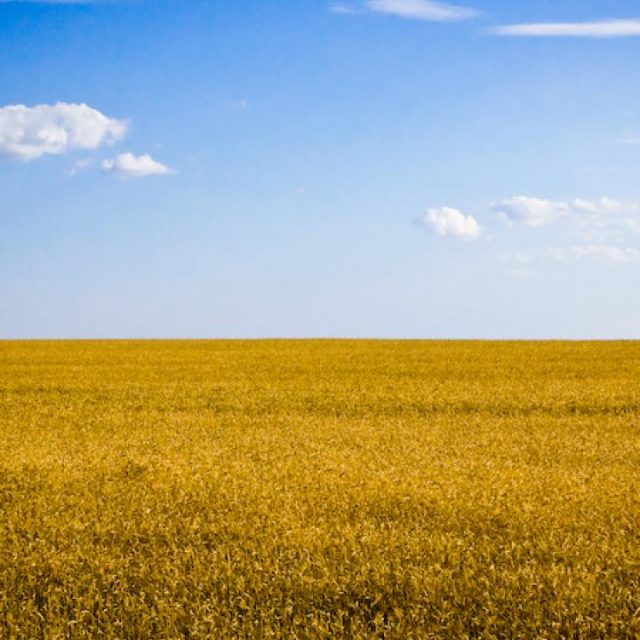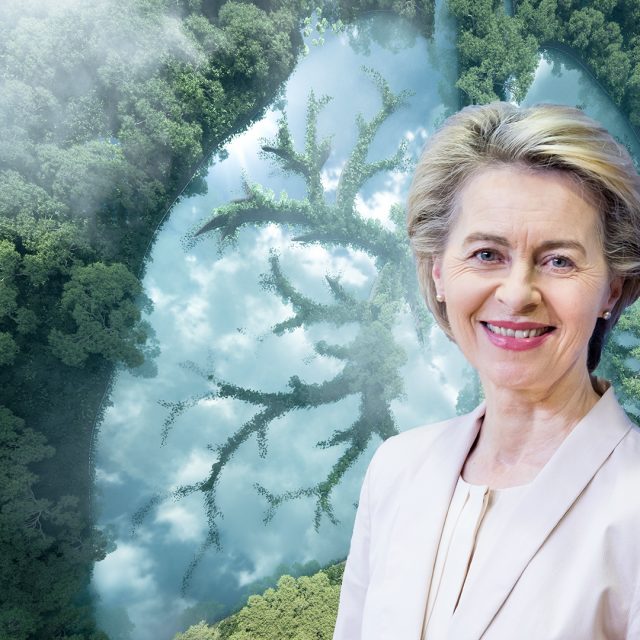Photo by Milada Vigerova on Unsplash
The EU has been urged to help put an end to the world’s first commercial octopus farm.
It is claimed that around one million octopuses will be reared at the proposed farm in the Port of Las Palmas in Gran Canaria, Spain.
The plans have sparked claims that this will cause animal cruelty and environmental damage.
Eurogroup for Animals, a campaign group, is now calling on the EU “not to use public funds to support octopus farming developments, or any other new industrial animal-based farming in the light of significant and growing scientific evidence that it is killing our planet.”
The plans, submitted to the General Directorate of Fishing of the Government of the Canary Islands by the company Nueva Pescanova, and uncovered by Eurogroup for Animals, have raised “serious concerns.”
These include the alleged use of a cruel slaughter method, the confinement of octopuses in small barren tanks, and practices that are said to “contribute to the overexploitation of wild fish populations.”
The campaigners’ claim the farm would produce some 3,000 tonnes of octopus each year.
Campaigners say “a number of extremely concerning practices would be implemented, including that octopuses would be:
Slaughtered using cruel ice slurry: a highly aversive and inhumane method scientifically proven to cause considerable pain, fear and suffering as well as a prolonged death.
Confined in crowded, barren underwater tanks that will result in poor welfare and risk aggression, territorialism and even cannibalism due to the octopuses’ naturally solitary nature.
Exposed to round-the-clock unnatural light to increase reproduction, which will cause undue stress given the aversion these animals have to light and
Fed with commercial feeds containing fishmeal and fish oil as main ingredients, which is unsustainable and contributes to the overfishing of wild populations.
In 2021, Compassion in World Farming released a report, “Octopus Factory Farming: A Recipe for Disaster,” arguing that octopus farming is cruel and would cause environmental damage to our oceans. According to the report, experimental trials to farm octopuses suggest that the mortality rate in these systems would be around 20%, meaning that 1 in 5 individuals would not survive the entire production cycle.
Although, if approved, the Canary Islands farm would be the world’s first industrial octopus farm, there are said to be attempts to establish similar octopus farms in other parts of the world such as Mexico and Japan. In February, Washington State in the US signalled a move toward banning octopus farming, which would be the first of its kind. This followed the recent closure of the only active octopus farm in the US, the “Kanaloa Octopus Farm” based in Hawaii, in response to Compassion in World Farming’s campaign.
Octopus has become an increasingly popular food in recent decades, particularly in Spain. As a result, wild octopus numbers are dwindling. In 2015, the number of octopuses caught around the world reached a high of 400,000 tonnes – 10 times more than in 1950.
Reineke Hameleers, CEO, Eurogroup for Animals, told this site, “Blindly establishing a new farming system without consideration of the ethical and environmental implications is a step in all the wrong directions and flies in the face of the EU’s plans for a sustainable food transformation.
“With the current revision of the animal welfare legislation, the European Commission now has the real opportunity to avoid the terrible suffering of millions of animals. We cannot afford to leave aquatic animals behind. We’re calling on the EU to include a ban on octopus farming before it ever sees the light of day, in order to avoid plunging more sentient beings into a living hell.”
Further comment comes from Elena Lara, Research Manager at Compassion in World Farming, who noted, “We implore the Canary Islands authorities to reject Nueva Pescanova’s plans and we urge the EU to ban octopus farming as part of its current legislative review. It will inflict unnecessary suffering on these intelligent, sentient and fascinating creatures, which need to explore and engage with the environment as part of their natural behaviour.
“Their carnivorous diets require huge quantities of animal protein to sustain, contributing to overfishing at a time when fish stocks are already under immense pressure. Factory farming is the biggest single cause of animal cruelty on the planet, and it’s literally destroying our planet.
“We should be ending factory farming, not finding new species to confine in underwater factory farms. We must end octopus farming now.”




